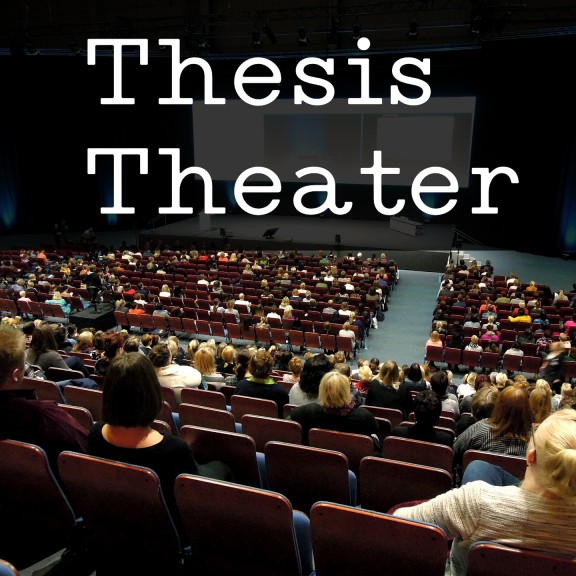Signum MA student Kira Tregoning will present her thesis “More Complicated Than They Seem: The Semantic and Contextual Meaning of Homeric Epithets” and respond to questions from the audience in an interactive Thesis Theater. The discussion will be facilitated by Kira’s thesis supervisor, Dr. Gabriel Schenk.
The thesis presentation will be pre-recorded and played in the session, followed by a live Q&A with Kira Tregoning.
Abstract
Milman Parry and subsequent scholars since the late 1920s have argued that Homeric noun-epithet formulas are divorced from the context of the sentence and scene. Epithets — those phrases such as “swift-footed Achilles” or “gray-eyed Athena” — have often been shoehorned for much of the last century into a strict interpretation of metrical convenience and mnemonic device. Such a rigid approach unnecessarily limits readings of Homer today. This study analyzes Homeric epithets in the Iliad and Odyssey through a combined linguistic, literary, and digital humanities approach. Three significant characters are examined in detail — Odysseus, Athena, and Helen — to determine how epithets affect interpretations of character, motivations, and actions in a scene. Specific qualities as conveyed by epithets are linked to a character in spite of the framing story. Epithets act as focalization, pushing and pulling characters to and from the foreground as needed, and the lack of an epithet for an important character is as noteworthy as the presence of one. Translators may play with the repetition of epithets to emphasize various connotations according to the context. Epithets have semantic and narrative value and, while they do have a mechanical value, are more necessary to the poems than formulaic theories suggest. This thesis argues that epithets are too complex for any single theory to encompass and should instead be considered with interdisciplinary approaches to include context, semantics, and function. Epithets can be formulaic and still express essential qualities of character, reflect the narrative action, and connect to the immediate context as needed by the poet.
About the Presenter
Kira Tregoning (she/her) is a lifelong fan of mythology, language, and fantasy. Greek and Roman mythology, and the Robert Fitzgerald translation of the Odyssey, were the gateway to studying Classics in undergrad. Kira holds a B.A. in Classics and a B.A. in Linguistics from the University of Maryland, College Park. She now works as a freelance editor and proofreader and is considering options for further study. In her spare time, she writes fantasy novels, plays video games with her two cat sidekicks, and spends time with her husband and family.
About Signum Thesis Theaters
Each of our master’s students writes a thesis at the end of their degree program, exploring a topic of their choice. The Thesis Theater is their opportunity to present their research to a general audience, and answer questions. All are welcome to attend!

